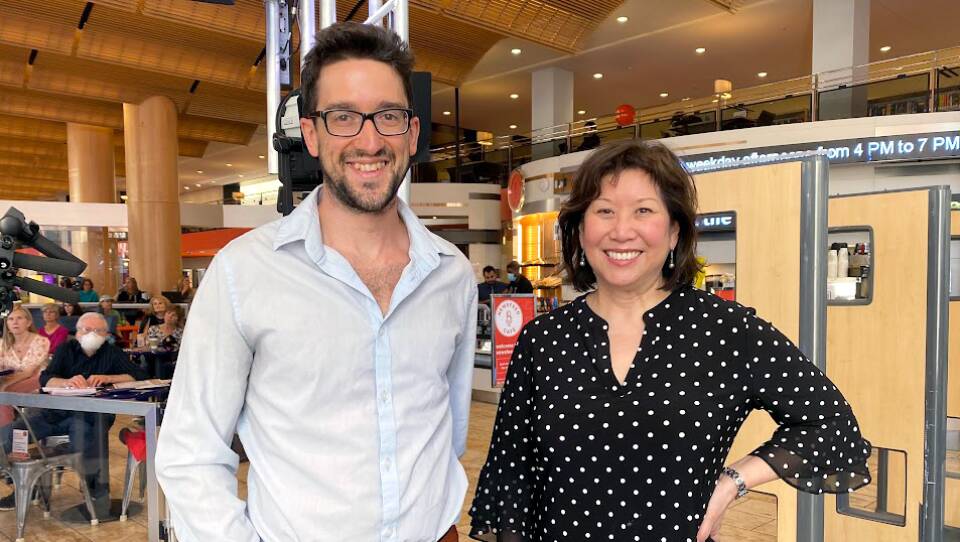Following their Unitas Ensemble & Boston String Academy Stringfest, the organizers and performers behind "Solo(s) Together" joined Boston Public Radio to share how the community arts program collaborates with neighborhoods across Boston to promote accessible fine arts programming.
Robin Baker, the associate director of community engagement for the Celebrity Series of Boston, organized the four “Solo(s) Together” shows through the Celebrity Series’ Neighborhood Arts program. The program brings groups of Boston-based artists to local institutions, such as More Than Words Bookstore and Roxbury Community College.
More Music & Culture
“We wanted pieces that could be played alone — they’re just a minute or a minute and a half that can be played as encores in churches or outside,” Baker told Boston Public Radio on Friday. “So we had the five composers who were commissioned by the Neighborhood Arts ensembles do pieces: four solos each, plus some kind of ending. And every composer did [that] just a little bit differently.”
Through the program, Baker hopes to spread public arts events to neighborhoods in Boston that may not have easy access to fine arts programming.
“The mission is arts for all, so that performance is for everyone in various venues and genres,” Baker said. “We have both free and ticketed series. We also have a number of outreach activities in neighborhoods so that people, whether they're performers like the Boston String Academy at a very high level, or people who are just learning to dance or want to play on a piano, have opportunities [to do so].”
During the interview, Tony Morales, a violinist and teacher at Boston String Academy, performed both Paul Desenne’s “La Petite Bande à Schubert” and Astor Piazzolla’s “La Muerte de Angel.” According to Morales, accessible public art programs — such as his St. Louis elementary school’s mandatory strings program — were instrumental in finding his passion for violin.
“[The music programs are] still pretty strong there. St. Louis [has] a very strong [music] foundation,” Morales said. “Many great musicians come from there because of that.”







